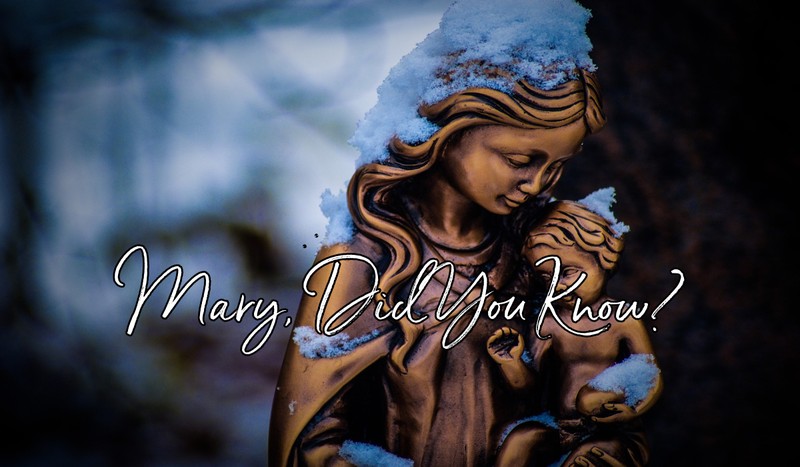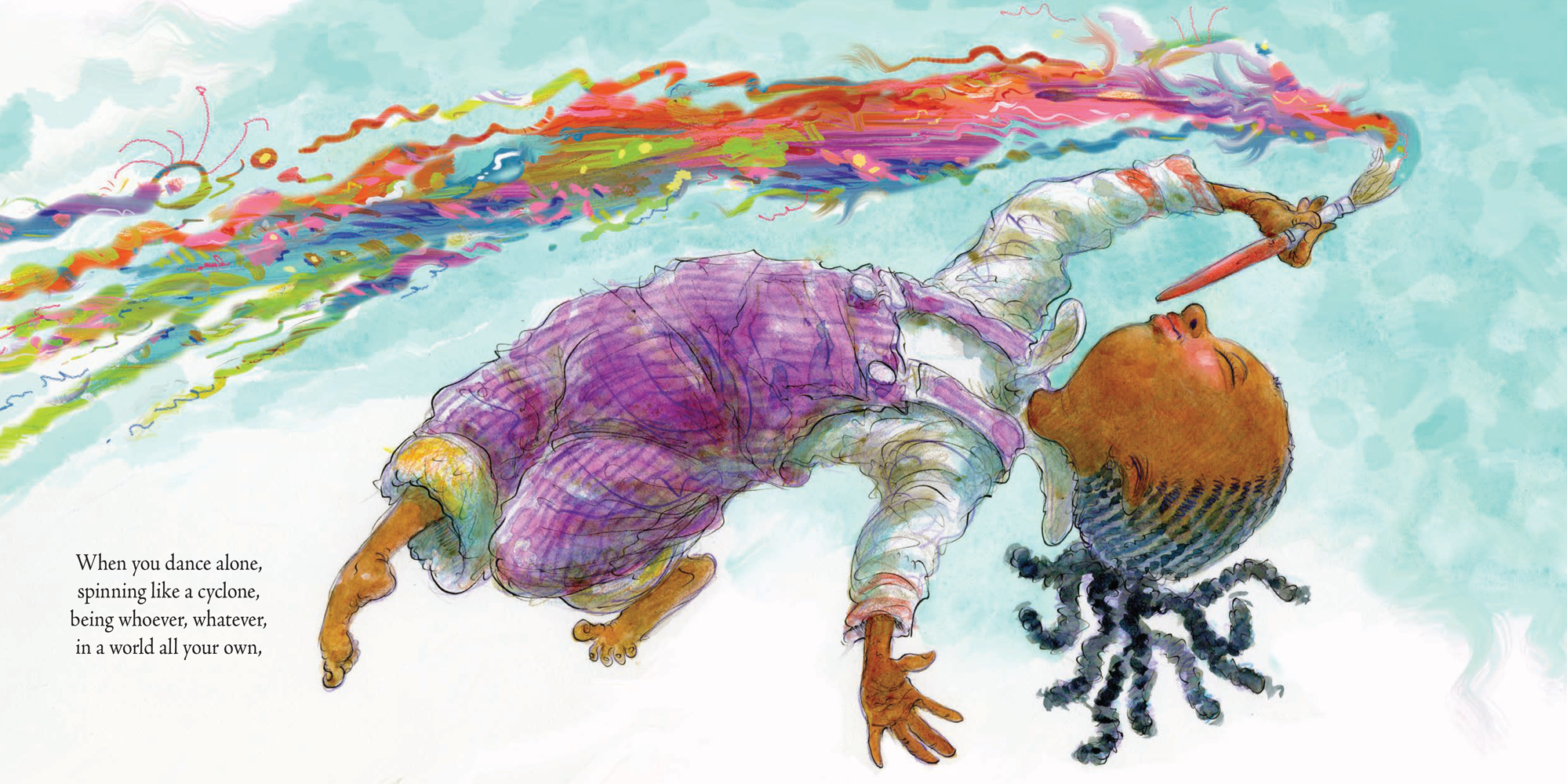

The sudden shifts in groove and tempo throughout the track are ingenious. People started calling in to ask what was that tune playing while the guy was talking about the food as they really liked it.’ Jones asked to record a song to play on the radio station KDIA to advertise her food and they would play this in the background. It was written for Everett and Jones BBQ which was next door to the house that Paul and I lived in. Mike Clark: ‘Paul Jackson and I wrote and recorded God Make me Funky in about 1971. It had been done live with the band before we recorded, if my memory serves me correctly.’ We decided to record it and each musician contributed towards its completion. When you convened at Wally Heider Studios in 1975, was God Make Me Funky fully written and ‘road tested’, or was it a track that came together in the studio, as Survival of the Fittest Was being tracked?īill Summers: ‘Actually Paul Jackson had been working on this tune for a while. If you’re yet to hear about the track’s use prior to the album, how the final mix took shape and why it enticed so many hip-hop producers, we’ve all the answers here! Baba Eshubi, and irrefutably funky drummer Mike Clark, ahead of The Headhunters’ return to Band on the Wall on Tuesday 4th December. The incredible story of its opening track, God Make Me Funky, is told here by revered percussionist Bill Summers, aka. That record led to dealings with manager/producer David Rubinson, who was at the board when the group strode into Wally Heider Studios in 1975. The pioneering jazz-funk group had found success two years earlier, uniting with Herbie Hancock to create the fusion masterwork, Headhunters.

The Headhunters’ 1975 album Survival of the Fittest is one such example. Record labels, producers, publishers and management firms were able to take advantage of artists, making tales of legal disputes and immoral deals alarmingly common, yet in spite of shady business, a wealth of brilliant, defiant and inspiring music was made. The industry that revolved around those recordings was also very different: a pre-streaming era where record sales were a driving force and where the ‘insider’ knowledge that equips and empowers independent artists today, wasn’t as widely held. The domain was analog and the technology, less forgiving. Smith) * Christ Is Risen (Matt Maher) * Cinderella (Steven Curtis Chapman) * Everlasting God (Lincoln Brewster) * Glorious Day (Living He Loved Me) (Casting Crowns) * Go Rest High on That Mountain (Vince Gill) * God of Wonders (Caedman's Call) * Hallelujah (Bethany Dillon) * Held (Natalie Grant) * Hold On (tobyMac) * Holy Is the Lord (Chris Tomlin) * Hosanna (Praise Is Rising) (Paul Baloche) * How Great Is Our God (Chris Tomlin) * I Can Only Imagine (MercyMe) * I Lift My Hands (Chris Tomlin) * I Will Be Here (Steven Curtis Chapman) * I Will Rise (Chris Tomlin) * Lead Me (Sanctus Real) * Let the Praises Ring (Lincoln Brewster) * Let the Waters Rise (MIKESCHAIR) * Open the Eyes of My Heart (Paul Baloche) * Our God (Chris Tomin) * Revelation Song (Kari Jobe) * Threaten Me with Heaven (Vince Gill) * When God Made You (NewSong) * Who Am I (Casting Crowns) * Wonder of the World (Rush of Fools) * You Raise Me Up (Selah).During the early-to-mid-seventies, record making differed vastly to the process we know today.

Titles: 10,000 Reasons (Bless the Lord) (Matt Redman) * Amazed (Lonestar) * Amazing Grace (My Chains Are Gone) (Chris Tomlin) * Blessed Be Your Name (Matt Redman) * Breathe (Michael W. This book contains 32 songs of worship arranged in a strum-and-sing style and including all lyrics.


 0 kommentar(er)
0 kommentar(er)
